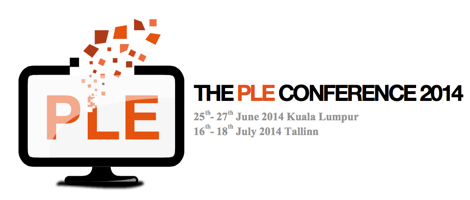Mind the Gap, says Geoff Stead referring to the gap between theory and practice in mobile learning. And it is this gap which is perplexing me as we attempt to develop an App (code named Rapid Turbine) for use by German construction apprentices.
Writing in a blog for last year’s MobiMOOC Geoff says:
There are a few academic frameworks that can be useful in evaluating, and reflecting on m-learning:
- Laurillard’s Conversational framework (2002) – showing the different roles that technology can play in the process
- Park’s Pedagogical Framework for Mobile Learning (2011) – offering a simple matrix to map the transactional and/or social closeness of a learning intervention
- Koole’s Model for Framing Mobile Learning (FRAME) – 2009 – showing how the mobile learning is an interaction between the technology, the learner and the context.
 |
| FRAME model |
The one that most connects with my own thinking is FRAME, because it is quite clear that you any theory about m-learning needs to engage with the technology itself (the device), AND the learner (who they are, what they want), AND their social context.
The reason the definition works for me is exactly the reason why I suspect m-learning has proved so problematic to define precisely. It just isn’t one thing. There may well be one core idea in the middle, but this is heavily influenced by factors that are different in different contexts.
Here are some examples, and contrasting ideas:
- while m-learning at work might be about performance support tools, and access to small nuggets of information; m-learning in the classroom might be more about exploring ideas together, and collaborating on a project
- while m-learning on a field trip might be exploring your environment (GPS / augmented reality / mapping / camera), m-learning in a lecture theatre might be about taking notes, and looking up references.
- while BYOD m-learning might be about sharing critical information via any device; a specific iPad activity will be rely on a specific app on a specific, named device
Folks, these are ALL m-learning, but because the circles in the Venn Diagram are filled with different questions, the resulting answer is different.
The core idea behind Rapid Turbine is that it brings teogther learning in different contexts – in the vocational school, in the industry training centre and in the workplace
Thus the pedagogic design of the App needs to be ‘mutable; to reflect these different designs. In the vocational school learning may be more formal and the app needs to scaffold and support apprentices in linking that formal knowledge to the work based learning gained in practice.
In the training centre the use of the App is focused on gaining practical work based knowledge and the presentation of learning materials and learning support needs to reflect that use. In the workplace, the App may be more needed to provide information and knowledge based on the other settings.
The different dimensions of the App should adapt to these different contexts of use. Collaboration, communication and data sharing will vary in each context of use. Thus a use case based on a single scenario or context will only provide us limited help.
Perhaps a dimension or scale lacking in these frameworks is that of depth and breadth, which can be seen as key in linking both the different kinds of knowledge and learning and the different resources which support scaffolded learning.
If we take a particular work task as the basis for an application (as Rapid Turbine does which is why it is high in authenticity and situatedness) then at some points apprentices will want to progress in more depth which perhaps brings in more theoretical learning and in other cases with more breadth which provides more contextual links to other work tasks (and arguably to more holistic work tasks).
The App needs to overcome not just a gap between theory and practice in mobile learning design but the gap between theory and practice in skilled construction work and the gap between informal and formal learning. And that is not easy


